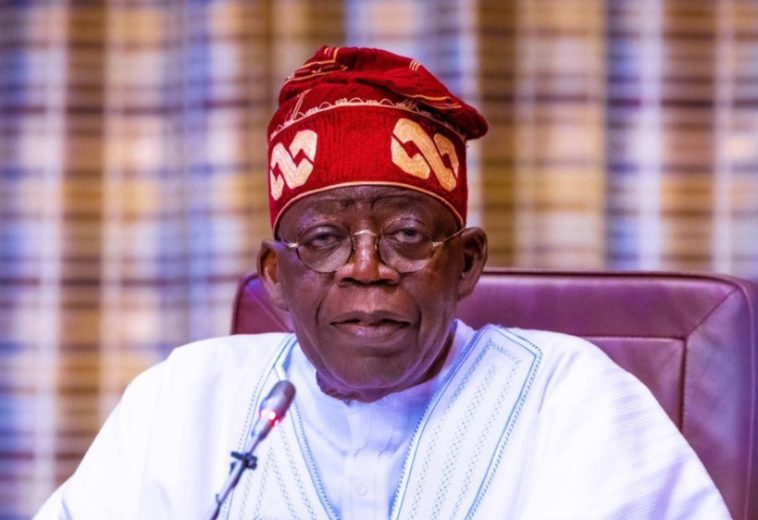Disgruntled citizens across Nigeria’s 36 states embark on a ten-day protest aimed at #EndBadGovernance. This mass mobilization, reminiscent of the 2020 End SARS demonstrations against police brutality, represents a broader discontent with the current administration’s handling of economic and social issues.
In October 2020, Nigeria witnessed a pivotal moment in its history as thousands of young Nigerians took to the streets to protest police brutality under the banner of the #EndSARS movement. The Special Anti-Robbery Squad (SARS), a unit notorious for its abuse of power and extrajudicial killings, became the focal point of a broader cry for justice, accountability, and reform.
The movement quickly gained international attention, with the global diaspora and international celebrities amplifying the call for change. In response to the End SARS protests, the Nigerian government announced the disbandment of SARS and promised comprehensive police reform, and justice, including the prosecution of officers responsible for abuse and compensation for victims.
But as the nation witnesses yet another nationwide protest, the question remains: Have Nigerians truly gotten what they wanted?.
The core grievances fueling this August nationwide protest include soaring living costs, pervasive hunger, high unemployment rates, and inadequate access to quality education. These issues have provoked a wave of dissent, with significant demonstrations held at various key locations across the country.
Nigeria, with a population surpassing 210 million, is the largest on the continent and faces severe hunger issues. The government has struggled to create sufficient employment opportunities, leading to widespread discontent. At least 32 million Nigerians are experiencing acute hunger, accounting for 10% of the global crisis, according to the World Food Programme.
President Tinubu’s economic policies, such as the removal of longstanding fuel subsidies and measures by the central bank to adjust the currency’s value, were designed to reduce government spending and bolster foreign investment. However, analysts argue that the poor execution of these policies has led to a rise in the cost of living and highlighted deficiencies in timely and adequate support programmes.
Tinubu’s administration has endeavoured to address these issues through various measures. These include the distribution of food aid to the most affected states, financial support for families and businesses, and new legislation that significantly increased the minimum wage for government employees. Despite these efforts, the new minimum wage of $43 per month is far below the $258 that labour unions claim is necessary to counteract the effects of the naira’s devaluation.
Several associations including the National Association of Nigerian Students (NANS), Nigerian Civil Society Organizations, etc have been particularly vocal, threatening mass protests if the federal government does not address the economic hardship swiftly. Their message is clear: citizens can no longer remain passive while the nation’s conditions deteriorate.
In response, various political figures, including Deputy Speaker of the House of Representatives, Hon. Benjamin Kalu, Kwara State Governor AbdulRahman AbdulRazaq, and Senator Orji Kalu, have urged restraint. They argue that President Bola Tinubu requires additional time to navigate the “inherited” economic challenges, and emphasized the need for patience as the administration seeks to “reboot hope.”
Contrastingly, unrest has already begun to manifest across different states, where suspected thugs have threatened violence against participants. Despite these threats, some youths have staged demonstrations to signal their readiness for the protest. The Nigerian Police have taken preemptive measures, including arrests of individuals inciting violence, and have called for collaboration with protest organisers to ensure public safety and order.
READ ALSO: The Complex Issue of Homelessness Across the United States
The #EndSARS movement highlighted the potency of social media as a tool for mobilization and the power of a unified youth voice. Yet, the events that followed, particularly the tragic Lekki Toll Gate shooting, revealed the harsh realities of state power. The ensuing violence and crackdowns revealed deep-seated issues within Nigeria’s political system, including the challenges of governance, a lack of transparency, and the state’s often adversarial relationship with its citizens.
Will the Government Fulfil These Expectations?
Amidst growing dissatisfaction with the current administration, the protest seeks to reinvigorate public trust in the government. The hope is that the government will implement effective measures to ease these hardships and improve the overall economic environment. The government’s willingness and ability to respond constructively to the protest’s demands will be crucial. Prompt and meaningful actions addressing the key concerns of the demonstrators could lead to positive outcomes for Nigeria’s weakening economy.




